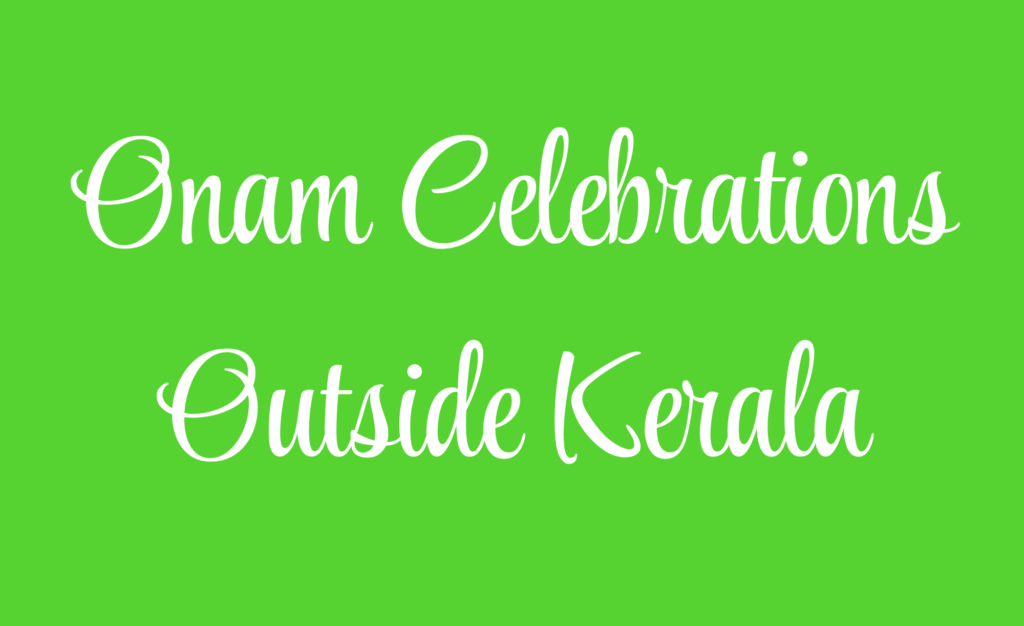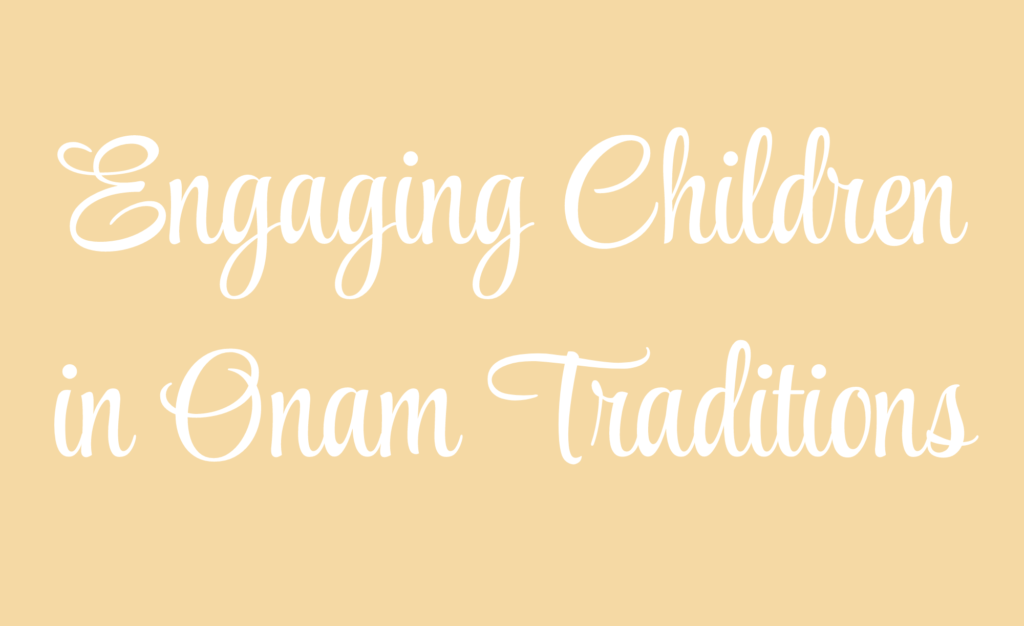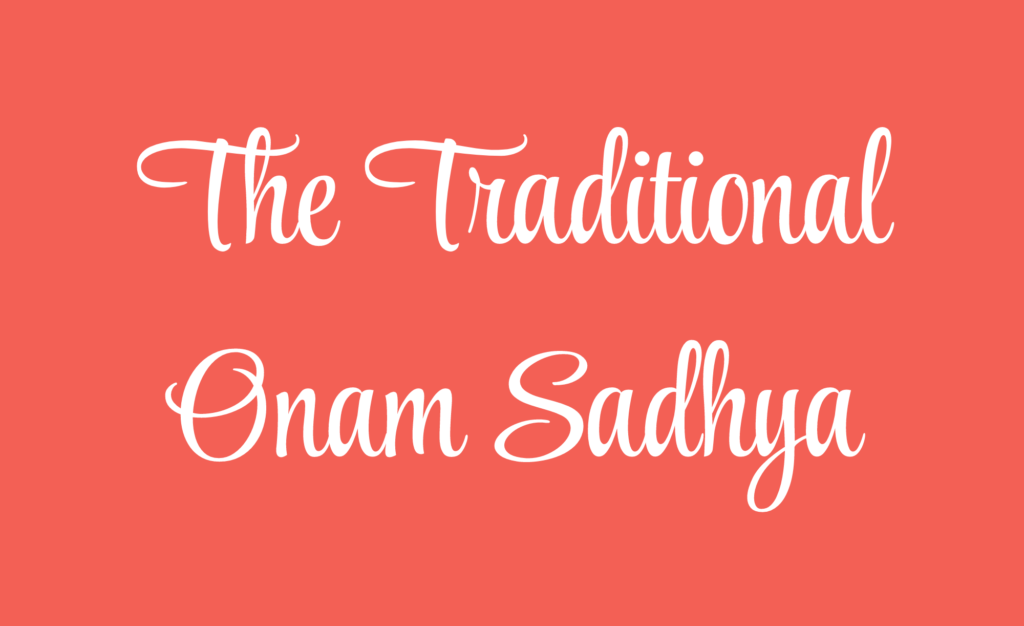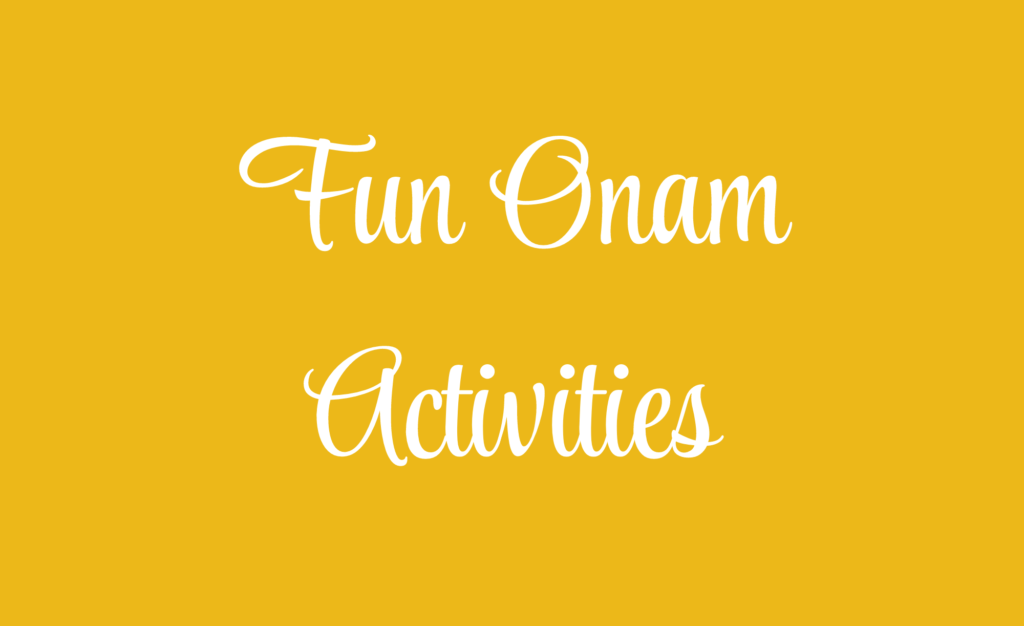About Onam
Celebrating Unity, Tradition, and the Vibrant Heritage of Kerala
Onam is much more than just a festival for the people of Kerala; it is a celebration of unity, culture, and tradition that transcends geographical boundaries. For Malayalis around the world, Onam evokes a deep sense of nostalgia, a yearning for home, and a connection to their roots that remains strong even when they are far from the land they call home. This vibrant festival, which marks the homecoming of the mythical King Mahabali, is a time when Malayalis come together to honor their rich cultural heritage, regardless of where they are in the world.
The Significance of Onam
Onam is celebrated with immense joy and enthusiasm in Kerala and among Malayali communities worldwide. Traditionally, it is a harvest festival that commemorates the golden era of King Mahabali, a beloved ruler whose reign is remembered as a time of peace, prosperity, and equality. The legend goes that Mahabali visits his subjects during Onam to ensure their well-being, and the people of Kerala welcome him with grand feasts, colorful Pookalams (flower arrangements), and vibrant cultural performances.
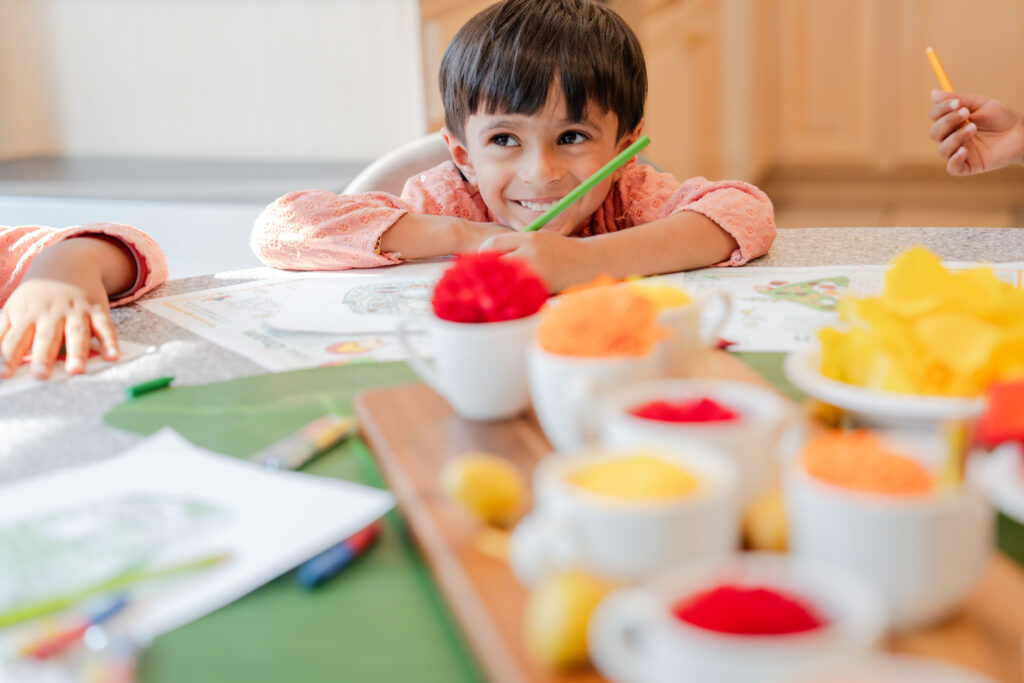
This festival, which typically falls in the Malayalam month of Chingam (August-September), is celebrated over ten days, with each day bringing its own set of rituals, activities, and celebrations. The most significant day is Thiruvonam, when families gather to share a traditional Onam Sadhya—a grand vegetarian feast served on banana leaves, comprising a variety of delicious dishes that reflect the culinary richness of Kerala.
A highlight of the Onam celebrations is the Onam Sadhya—a grand vegetarian feast served on banana leaves, featuring a variety of delicious dishes that reflect the culinary richness of Kerala. To help younger generations connect with this tradition, families and cultural organizations can utilize creative tools like a specially designed Onam Sadhya Coloring Page. This resource provides a fun, educational way for children to learn about each dish, its significance, and the overall cultural importance of the Sadhya.
Onam's Emotional Connection
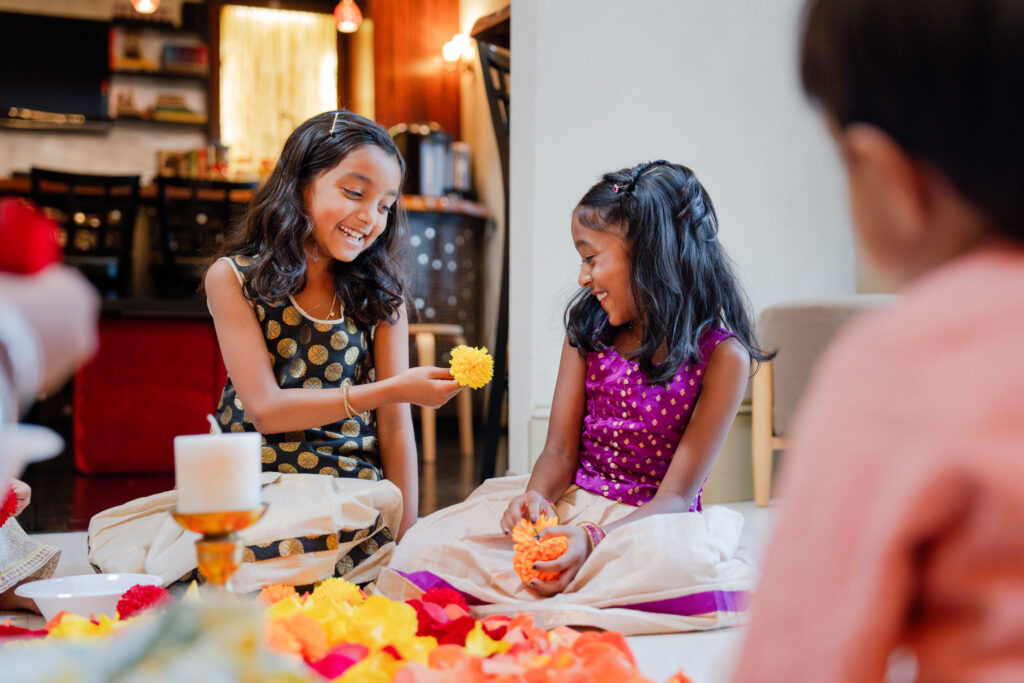
For Malayalis, Onam is not just about the rituals and festivities; it is a time to reconnect with their cultural identity and the memories of their childhood. The scent of fresh flowers, the taste of payasam (a sweet dish), the sound of the chenda melam (traditional drum), and the sight of intricately designed Pookalams all evoke a sense of belonging and bring back fond memories of past celebrations.
For those who have moved away from Kerala, Onam is a poignant reminder of their homeland. It is a time when they reminisce about the simple joys of childhood—running barefoot in the fields, helping to create Pookalams, and eagerly awaiting the Onam Sadhya. These memories are cherished and passed down through generations, ensuring that the essence of Onam remains alive even in distant lands.
Onam Across the World
As Malayalis have spread across the globe, so too has the celebration of Onam. In cities far from Kerala, cultural organizations and community groups work tirelessly to recreate the magic of Onam, often with a modern twist. These celebrations serve as a vital link between the older generation, who long for the traditions of their youth, and the younger generation, who are eager to learn about their cultural heritage.
Despite the challenges of celebrating Onam away from Kerala, the festival continues to thrive in new environments. Whether it’s a grand Pookalam competition in Dubai, a virtual Onam Sadhya in New York, or a Thiruvathira dance performance in London, Malayalis everywhere find ways to keep the spirit of Onam alive. These celebrations not only help maintain cultural traditions but also foster a sense of community and belonging among Malayalis living abroad.
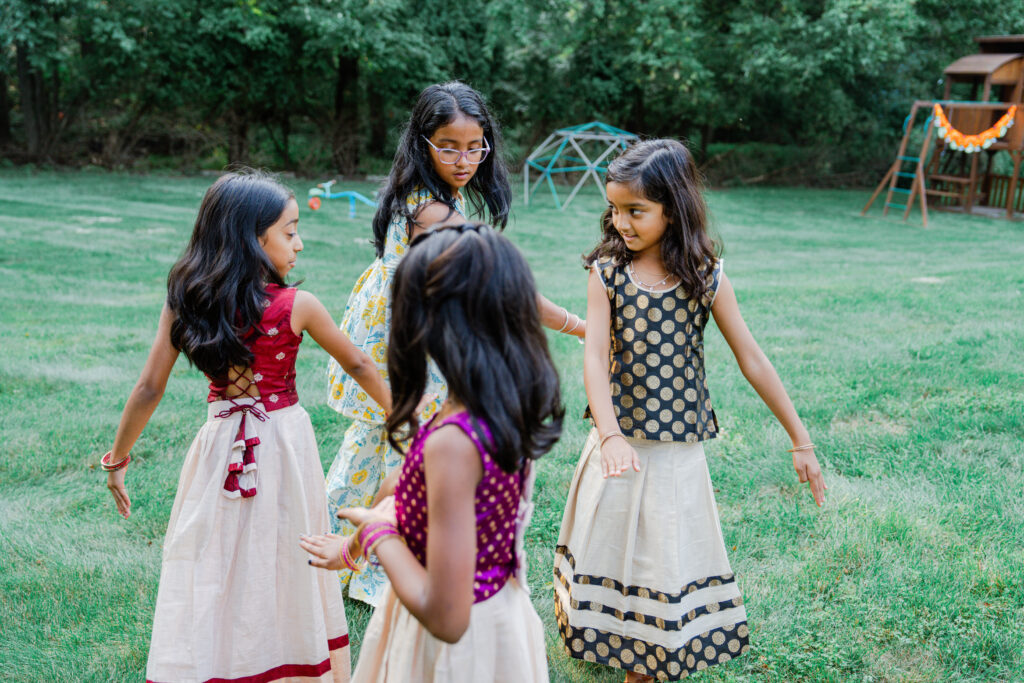
Learn More about Onam
Onam, with its rich tapestry of traditions, food, and cultural practices, holds a special place in the hearts of Malayalis worldwide. It is a festival that transcends time and place, bringing together people of all ages to celebrate their shared heritage. Through the sights, sounds, and tastes of Onam, Malayalis connect with their past, celebrate their present, and pass on the legacy of this beautiful festival to future generations. As you delve into the ways Onam is celebrated around the world, may you be inspired to embrace the essence of this festival, wherever you may be.
Upcoming Events for Onam
We will have our activity books available at several upcoming events, providing children with a hands-on way to connect with the festivities. We will continue to update this list as we receive confirmations from various organizations. Malayalee organizations are celebrating Onam towards the end of August and the beginning of September in 2024. Stay tuned for more details on specific dates and locations where you can join the celebrations and pick up an activity book for your little ones.

Easy Onam Recipes for Families
To make your Onam celebrations even more special, we’re thrilled to share a collection of simple and authentic Onam recipes that parents and children can enjoy making together. These recipes are designed to be both easy and delicious, allowing families to bond over the joy of cooking while savoring the wonderful flavors of Kerala. From quick snacks to delightful desserts, our recipe section will help you create a memorable and fun cooking experience that brings the spirit of Onam into your home.
As you cook together, grown-ups can make this experience even richer by sharing stories and traditions associated with each dish. Talk about the cultural significance behind the ingredients and the methods used. Encourage your children to ask questions and share what they know or are curious about regarding Kerala’s heritage. This not only makes the cooking process more engaging but also helps children connect deeply with their roots.
And parents, remember to weave in your own personal stories! For example, I love telling my children about how my grandmother used to make special payasam for each of her many children, tailoring the recipe to their preferences. This special treat was prepared only on birthdays or special occasions, instead of buying a cake like many do today. Sharing these personal anecdotes makes the cooking experience richer and more meaningful for the children, creating a beautiful blend of tradition and family memories.


